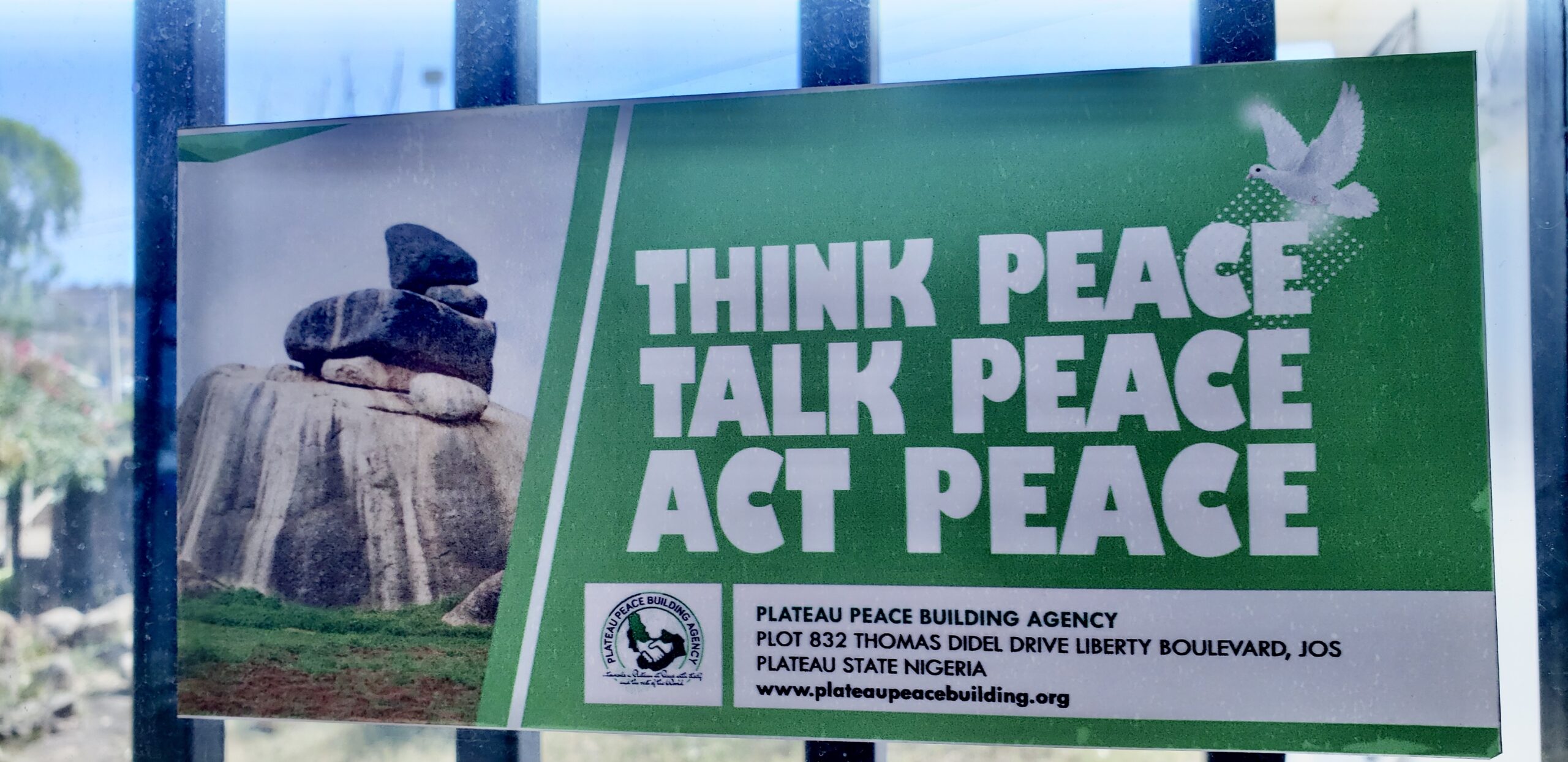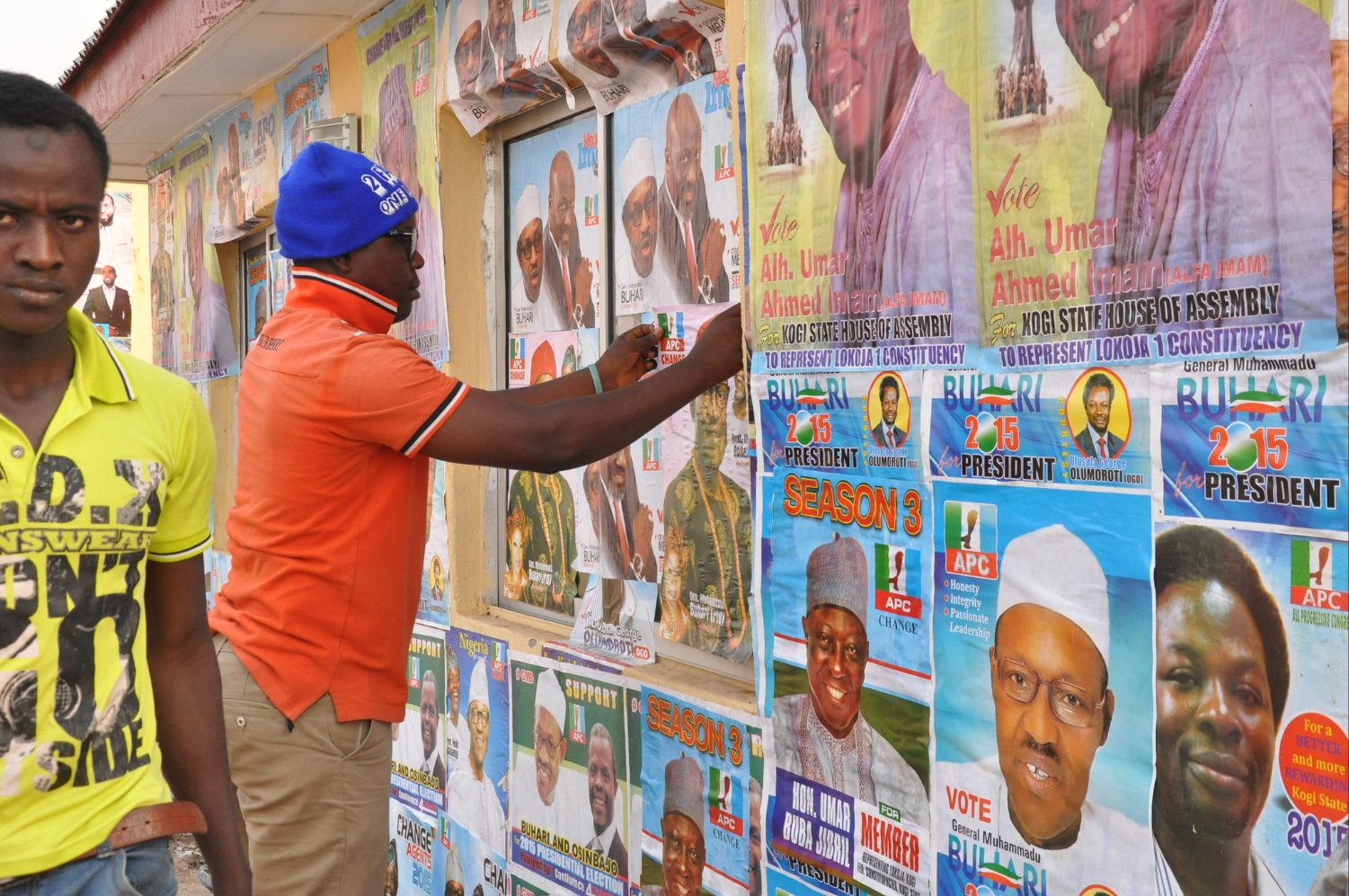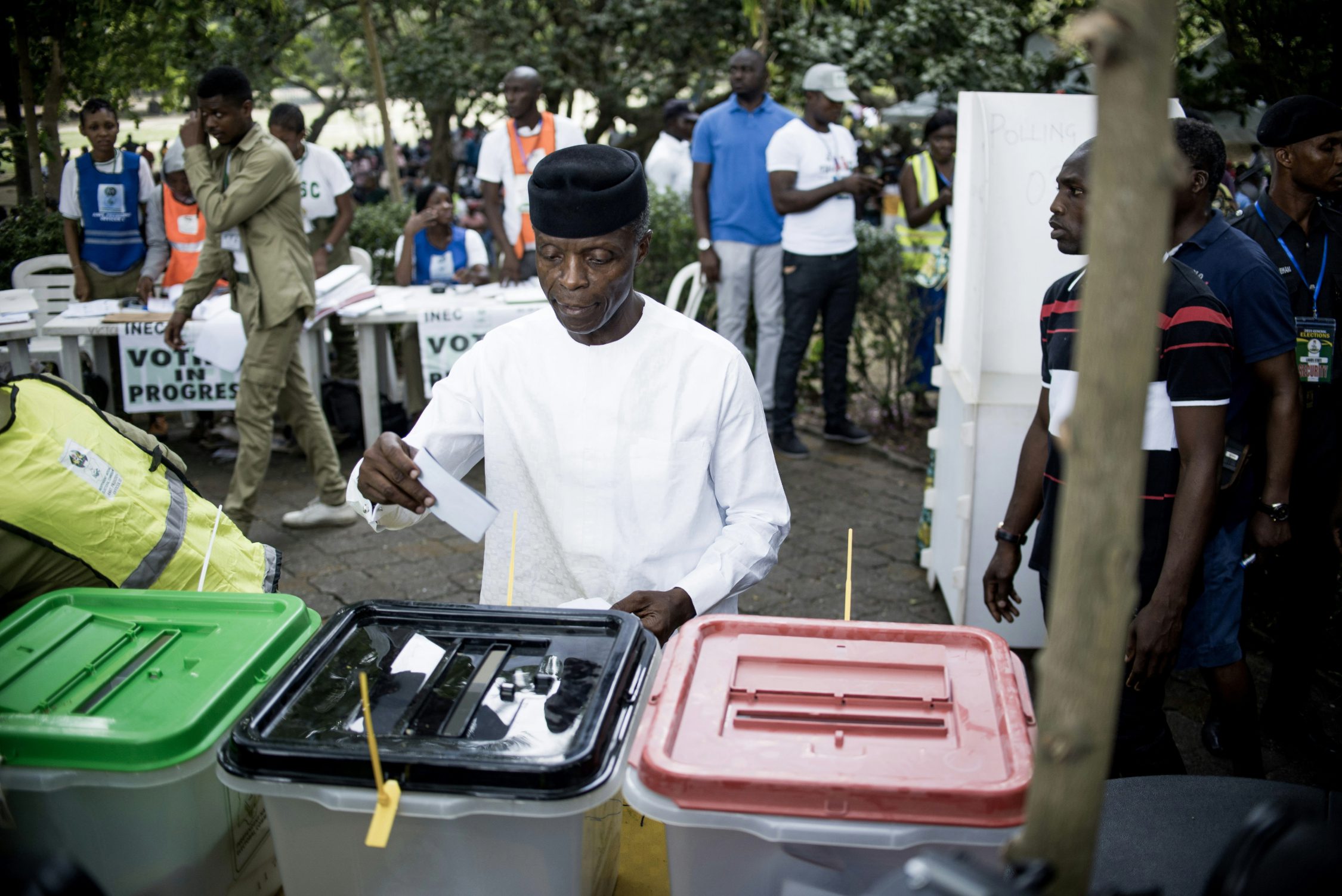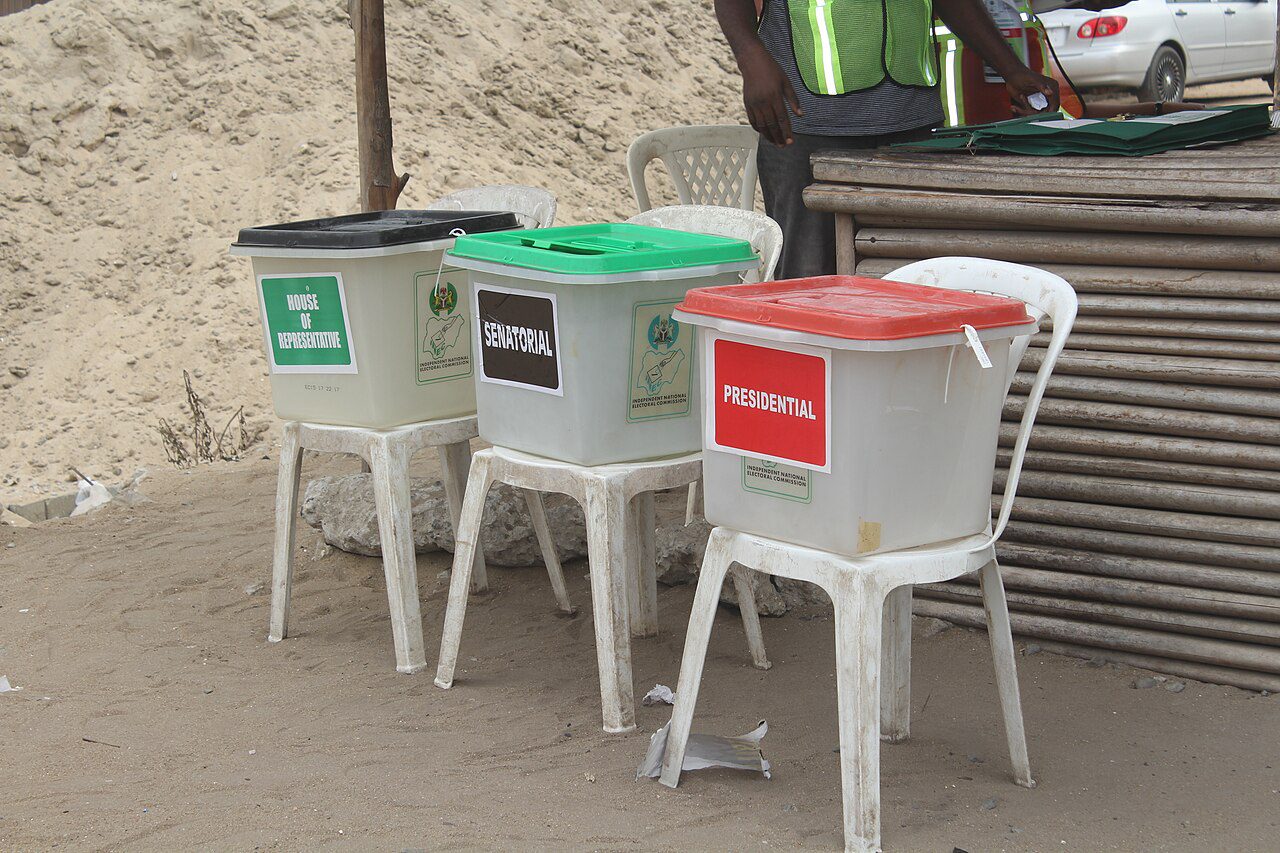Nigeria epitomizes how political competition can intersect with violent conflict, corruption, and identity politics. From the Boko Haram insurgency in the northeast to militancy in the Niger Delta and communal conflict in the Middle Belt—outbreaks of violence are imbued with identity, corruption, and transactional politics defying simplistic conflict lenses. Competition between elites for power can spark violence that is no longer about the competing elites but cast as a battle between identity-based groups. Here, a more complex analysis is needed.
In a new research paper and accompanying policy brief, I analyze how competition for political power drove local-level violence that became intertwined with identity in Jos, Nigeria, between 1991-2008. While this is a historical case, it offers lessons on how violence intersects with political competition and identity in contemporary Nigeria and similar contexts defined by violent, transactional politics. These key findings are outlined below. Moreover, these findings have important implications for how to build lasting peace in these contexts. Based on the case study, the policy brief summarizes the key findings and provides recommendations for policymakers on how to better analyze the intersection of identity, violence, and politics in similar violent, transactional contexts.
Key Findings
- Transactional political decisions can spark local-level violent conflict.
The 1991 decision to create new local government areas (LGAs), notably Jos North in Plateau State, was an attempt to solidify the military head of state Ibrahim Babangida’s hold on national-level power by meeting the demands of local-level elite. On the surface, this appeared to answer calls for more inclusive, democratic, locally-controlled governance. In practice, it simply localized competition over government resources, leaving many aspects of the competition undefined and subject to manipulation. Specifically, two intertwined questions were left unanswered: who would control these governments, and who should benefit from the resources flowing through them? In other words, the decentralization process created a new site of competition, not a framework to manage it. This, combined with existing disagreements over which groups should control territory, laid the foundation for the violence that would emerge in 2001 and transform the city over the next decade.
- Violence broke out after officeholders systematically excluded ethnic groups from local office and access to public resources.
Historically, Jos was a peaceful city. Jos, and Plateau state more broadly, is home to more than 50 ethnic groups, none of which constituted a majority of the population. It is part of the Middle Belt region where the largely Christian south meets the predominantly Muslim north. This peaceful reality changed after 1999 when local government offices in Jos North sought to exclude the Hausa-Fulani from certain benefits and opportunities offered by the local government. Political leaders fostered a zero-sum political logic in which one group’s gain was at the cost of another—creating tensions between the group that continued to rise until an everyday incident sparked widespread communal violence.
- The causes of the violence in Jos and its manifestations were different but related.
The violence in Jos is often first described either in ethnic or religious terms based on the divided groups that are visible. However, this attributes a salience and division to the ethnic identities that did not always exist. Historically, while there were disagreements and competition for political power between the groups, these did not lead to violent clashes. In fact, the groups have a longer history of peaceful coexistence than of violent conflict. Identity-based grievances were fostered as national, state, and local officeholders began to operationalize and exploit indigene-settler distinctions to maintain their political power and serve their own agendas. In sum, the causes of the violence in Jos were related but different from how it manifested and evolved over time.
- The manifestations of the violence develop their own legacy.
While the ways in which the conflict manifested in Jos were different from the original causes, they developed their own legacy over time. Neighborhoods, businesses, religious worship centers, and places of social interaction became ethnically segregated. “No-go” areas for each religious and ethnic group emerged across the city. Moreover, young people were growing up only knowing identity-based violent conflict. This contributed to a situation where incidents not related to ethnicity, religion, or indigene/settler status quickly escalated along identity lines. Consistent with broader research on political marketplaces, ethnic identity under these circumstances became entrenched.
The hope is that by offering detailed cases like that of Jos, the fragmented and exclusivist forms of identity politics that emerge in political marketplace countries can be better understood so that violent conflict can be resolved and prevented. Attempts to address these dynamics, specifically the impact of local-level peacebuilding efforts on them—will be the focus of forthcoming research papers.
These papers are part of PeaceRep’s broader research on the politics of violence and peace in Political Marketplaces—countries such as Sudan, Somalia, and Iraq, where transactional politics dominate formal institutions and processes. This work is led by the World Peace Foundation and the London School of Economics’ Conflict and Civicness Research Group in collaboration with the University of Edinburgh. Additional research on political marketplaces is available here.



